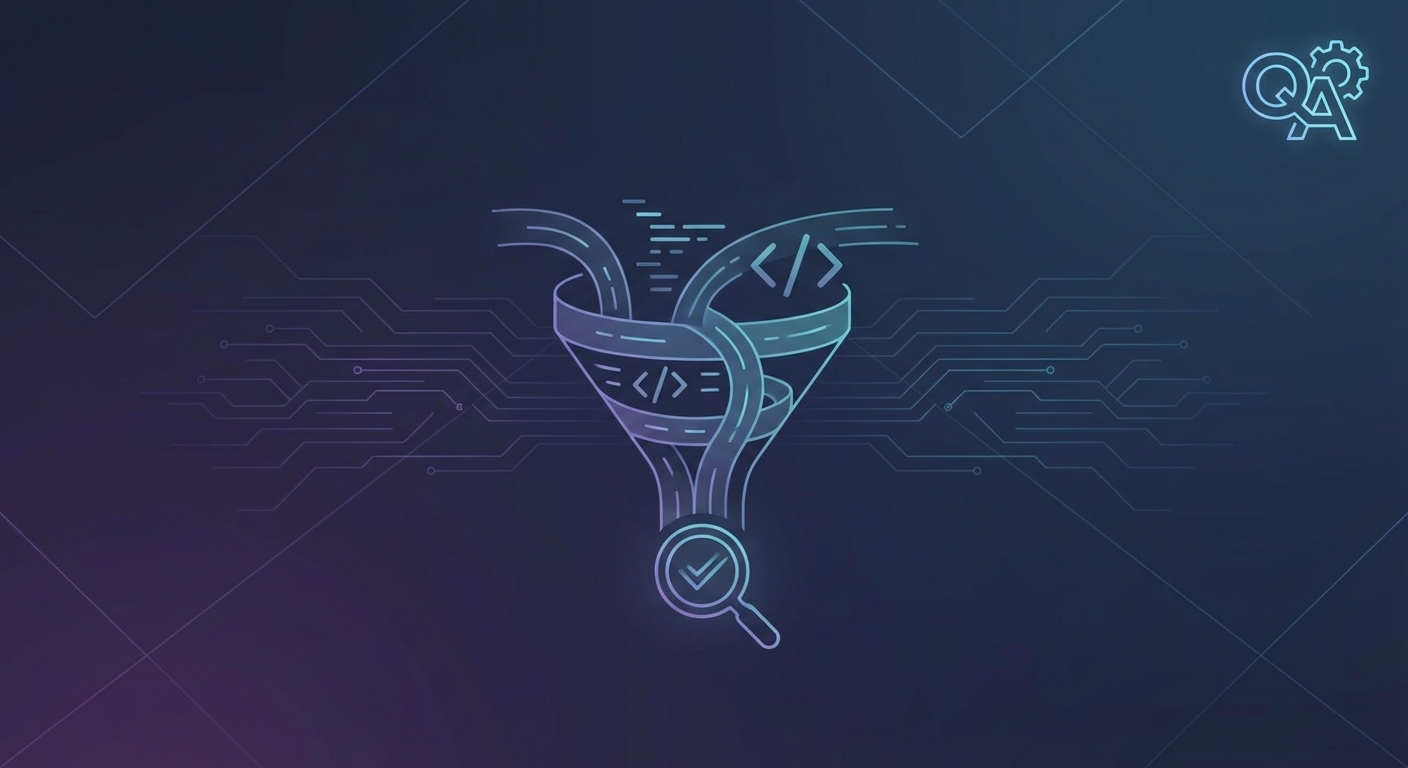Ethical AI in SaaS: What Legal Lessons Teach Us About Accountability and Trust

Artificial intelligence (AI) is reshaping Software-as-a-Service (SaaS) across nearly every sector, driving automation, analytics, and customer engagement at unprecedented speed. From predictive sales tools to contract analysis systems, AI enables platforms to process information faster and deliver smarter insights. As adoption grows, so do concerns about transparency, fairness, and privacy.
For SaaS companies using generative AI or data-driven automation, accountability is no longer a choice, it’s a business necessity. The legal industry, one of the earliest adopters of AI for compliance and document review, offers valuable lessons in managing risk while maintaining public trust. Its journey reveals that innovation and integrity must develop in tandem for technology to achieve long-term credibility.

How Legal Sector Challenges Illuminate SaaS Ethics
The legal field provides a powerful case study in balancing automation with accountability. Law firms and legal technology providers have used AI for years to scan case law, draft contracts, and assess regulatory compliance. These systems introduced enormous efficiency and raised questions about bias, data protection, and algorithmic responsibility.
As AI-powered SaaS solutions expand into analytics, marketing automation, and customer service, similar challenges arise. Many of the ethical issues of AI seen in law, such as the risk of unintentional bias in algorithms, opaque decision-making, and misuse of sensitive data, apply directly to SaaS companies today. For example, a contract intelligence platform using generative AI to summarize legal agreements must ensure that its models interpret clauses consistently and without prejudice.
A compliance automation tool that flags suspicious financial activity must verify that its recommendations are based on reliable, unbiased data sets. The legal industry’s early focus on verifiable accuracy and traceable logic serves as a blueprint for SaaS providers navigating the same concerns.
Ethical awareness begins with understanding where responsibility lies. When software makes or supports decisions that affect clients, partners, or end-users, the company must be prepared to explain and defend those outcomes. Transparency, both in how AI models are trained and how their results are validated, builds trust and differentiates reliable platforms from experimental ones.
Data Protection as a Pillar of Trust
The foundation of ethical AI in SaaS lies in protecting user data. Legal professionals learned early that confidentiality is paramount, and AI tools operating within their domain must comply with strict data handling protocols. SaaS providers in all industries can apply the same discipline by adopting privacy-first design principles.
Customer relationship management systems, analytics platforms, and automated HR tools often process sensitive information. To safeguard it, companies must implement end-to-end encryption, access controls, and clear data retention policies. They should explain to users how data is used, stored, and anonymized.
AI models trained on client data must avoid exposure to proprietary or personally identifiable information (PII). The growing popularity of generative AI raises new challenges here, as models can inadvertently “learn” from sensitive content unless guardrails are established. By limiting training data scope and offering opt-out options, SaaS providers protect both themselves and their customers from compliance risks.
The General Data Protection Regulation (GDPR) in Europe and similar frameworks worldwide reinforce that privacy is non-negotiable. Companies that fail to prioritize data protection risk legal penalties and undermine customer confidence. Transparency about data handling, paired with robust cybersecurity, has become a competitive advantage rather than a compliance burden.
Transparency and Explainability in AI Operations
In both the legal and SaaS ecosystems, explainability defines ethical credibility. Legal professionals must justify every recommendation or interpretation they provide. Likewise, AI-driven platforms must ensure their users can understand and trust automated results.
For SaaS businesses, this means developing user interfaces that clearly indicate how conclusions are reached. For example, if an AI-driven analytics dashboard identifies emerging market trends, it should disclose the data sources and metrics used. If an automation tool recommends changes to a workflow, users should be able to review the logic behind those suggestions.
Some SaaS companies are already setting strong examples. Contract AI providers like Ironclad and Evisort use machine learning to review documents, but they pair every automated insight with human verification. Compliance automation platforms such as Hyperproof and Drata make audit processes transparent by mapping AI-driven recommendations to specific regulatory clauses. This combination of automation and accountability helps clients understand how the system works rather than blindly trusting its output.
Mitigating Bias in AI-Driven SaaS Tools
Bias in AI systems remains one of the most pressing challenges across industries. In the legal sector, early machine learning models trained on historical case outcomes often perpetuated existing inequalities. SaaS providers face a similar risk when their models rely heavily on historical or unbalanced data.
To counteract bias, companies must commit to diverse data sourcing and regular model audits. Incorporating datasets that reflect a range of demographics, markets, and contexts helps ensure that AI outputs are equitable. Continuous monitoring, rather than one-time evaluation, is key, as model behavior can evolve.
Human oversight remains a critical safeguard. AI should assist, not replace, human judgment in decisions with ethical or legal implications. In client-facing SaaS environments, this means maintaining review processes where human experts can validate or override automated outcomes.
Building Customer Trust Through Ethical Governance
Trust determines adoption in the SaaS market. Enterprises choosing between vendors often look beyond features and pricing to assess reputation, data handling, and compliance. Companies that demonstrate ethical leadership gain a long-term competitive edge.
AI governance frameworks, policies that outline acceptable practices for model development, deployment, and maintenance, help formalize this commitment. Some organizations have begun publishing “AI ethics reports,” detailing how their algorithms are tested and improved. This transparency mirrors corporate social responsibility reporting and resonates strongly with enterprise clients.
When users believe a platform acts responsibly, they’re more willing to integrate it deeply into their operations. Ethical design, clear consent mechanisms, and responsive support all signal that a SaaS provider prioritizes customer welfare as much as technological advancement.
The Regulatory Future of AI in SaaS
Regulation will increasingly shape how SaaS companies build and deploy AI. The European Union’s AI Act, for example, categorizes applications by risk level and imposes transparency and safety obligations on higher-risk systems. While this may initially seem burdensome, it provides a roadmap for responsible innovation.
For B2B SaaS platforms, aligning early with ethical standards can minimize future disruption. Implementing compliance-ready practices today prepares companies for upcoming regulatory expectations and reassures clients that their data and business operations are protected.

AI has become an inseparable part of the SaaS landscape, but with power comes responsibility. By learning from the legal sector’s disciplined approach to accountability, SaaS companies can create technology that’s both innovative and trustworthy. Ethical AI fosters confidence, fuels adoption, and ensures long-term sustainability in an increasingly competitive digital market.





